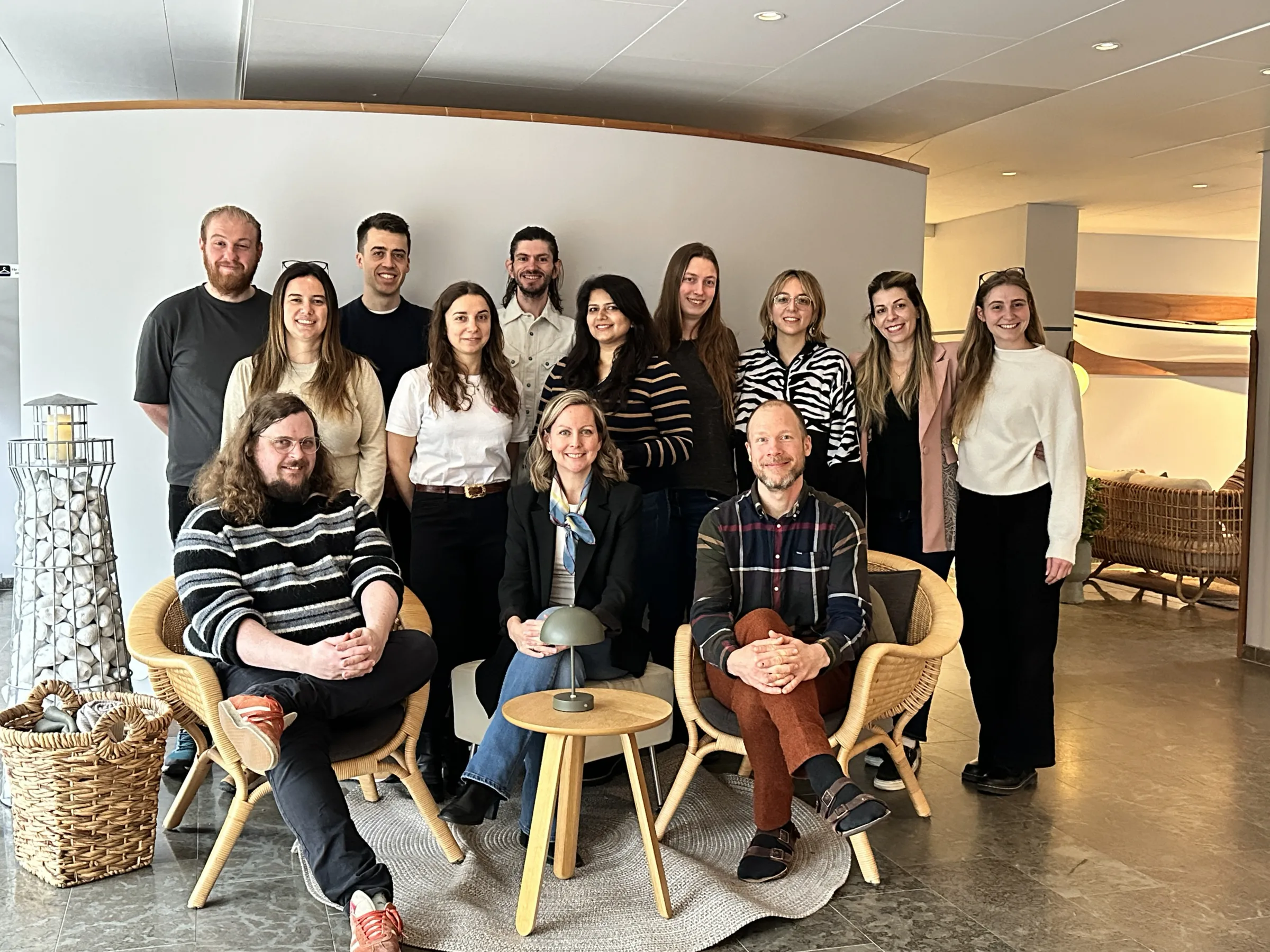Vår forskning
Med vår forskning hoppas vi kunna öka kunskapen kring sjukdomsmekanismer och därmed upptäcka nya mål för behandling. Vår målsättning är också att hitta sätt att stratifiera patienter för optimal behandling med biologiska läkemedel och därmed bidra till precisionsmedicin i IBD, kolorektalcancer samt allergi och astma.
Läs mer om forskningen i Jenny Mjösbergs grupp på den engelska sidan.

